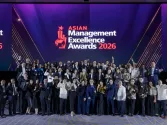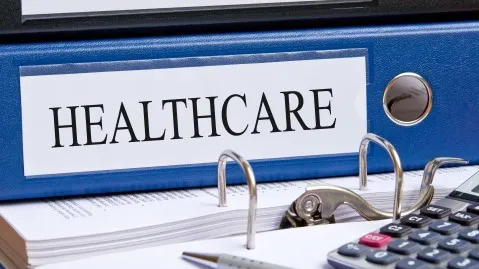
Neurology diagnostics solutions to boost Japan's medical devices industry
Certain novel solutions could support the nuclear imaging equipment market in Japan.
Innovative diagnostics solutions will not only facilitate the future expansion of Japan’s medical device industry but also enable better care for patients with neurological disorders, according to a report from GlobalData.
Due to the ageing population, the prevalence of neurological diseases such as Alzheimer’s disease (AD) is increasing in Japan. As a result, new in-vitro diagnostics (IVD) and high-precision imaging modalities are being developed to meet the growing need for better neurological healthcare, GlobalData said
Dr. Satyajeet Salunkhe, medical devices analyst at GlobalData, said AD appears to be the underlying cause of more than 60% of dementia cases.
“Therefore, PET scanners with motion correction features will increase diagnostic precision for dementia and psychiatric disorders. The additional information garnered from these image analyses will support the development of innovative drugs,” Salunkhe said.
READ MORE: Japan’s over-the-counter drugs sector in the doldrums
GlobalData’s research reveals that Japan holds a strong position in the diagnostic imaging market, with around 26.9% share in the Asia-Pacific region.
Novel solutions such as PET scanners with motion correction are expected to expedite the growth of the nuclear imaging equipment market in Japan. By contrast, active industry-academia cooperation in Japan will facilitate the development of new IVD tests that will catalyze the growth in the IVD analyzers and reagents market.
Early detection is a key prognostic factor in neurological disorders, and blood-based diagnostic tests will not only be less expensive than other invasive procedures but also will help in the early diagnosis of neurological disorders, Salunkhe said.
“Affordable testing will make these diagnostic procedures accessible to people of all socioeconomic backgrounds and ensure equitable access to healthcare for all,” he said.
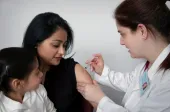
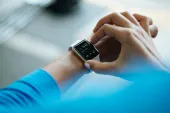
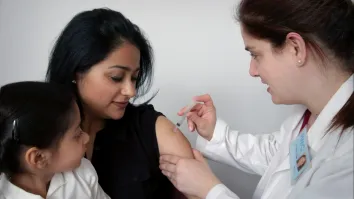
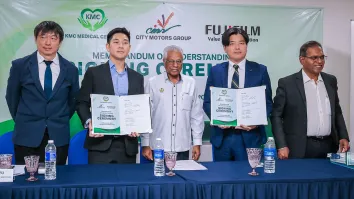
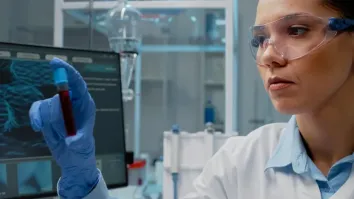
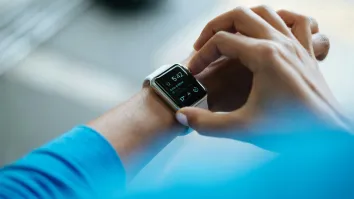













 Advertise
Advertise
